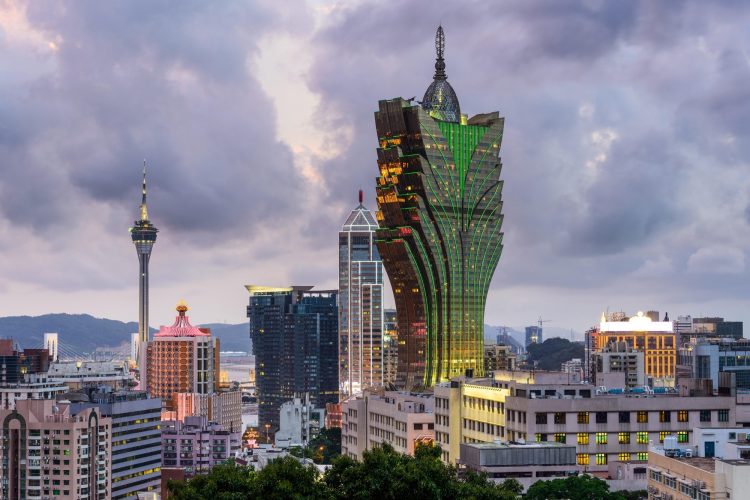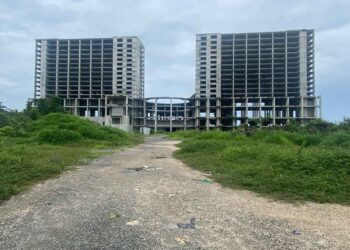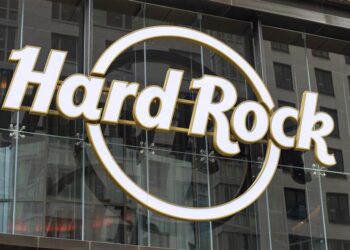Macau’s booming VIP gaming segment is about to hit the brakes, with growth to slow from 25% to as low as 4% for the remainder of 2017 on the back of increased anti-corruption measures and tightening liquidity in mainland China.
So says a report from brokerage Sanford C Bernstein, which has identified a spike in investigations announced by China’s Central Commission for Discipline Inspection (CCDI) since Spring as “the biggest sustained pick-up in anti-corruption activity since 2014, as several high-profile senior politicians have been placed under official investigation.”
The number of investigations announced between 2014 and 2016 had fallen from frequently over 50 to less than 20 each month, but has risen to 181 over the first eight months of 2017 including 156 in the six months since March. The number of ministerial level and central government officials investigated also climbed to 14 between June and August 2017, the most since mid-2016.
A similar spike in anti-corruption activity in China sparked Macau’s previous decline in 2014.
Bernstein has also flagged the surge in anti-corruption activity as being notable due to the high profile nature of some of those implicated, including Sun Zhengcai, who was once seen by some as the man most likely to success Xi Jinping as party secretary. According to Bernstein, Sun is just the fourth ever serving member of the Politburo to be “reduced” since 1990 and the first since 2012.
“Widespread media reports recently indicated that Fang Fenghui – the PLA’s Chief of the Joint Staff and a member of the all-powerful Central Military Commission (CMC) – had been questioned on suspicion of corruption,” Bernstein says.
“Such senior level military investigations have not been common in 2016 and early 2017. Previously, in 2014-2015, two former vice-chairmen of the CMC (Xu Caihou and Guo Boxiong) were implicated in the ant-corruption campaign.”
The report adds that CCDI announcements of violations of President Xi’s Eight Rules have also accelerated in recent months, rising over 50% year-on-year in July.
While a more moderate anti-corruption campaign, along with a strong China economy and consumer and business confidence and improved liquidity, have been behind increased demand in the VIP segment over the past 12 months, Bernstein forecasts “the liquidity bump to fade as Chinese credit tightens, money supply growth slows and real estate pricing softens.
“The VIP segment is likely to continue to face uncertainties due to instituted cooling measures on real estate in Chinese Tier One and Tier Two cities, enhanced regulatory framework with respect to Macau (junkets and banking AML), tightening Chinese liquidity and weakening commodity prices. We estimate that VIP for the rest of the year may be up 4% to 6%,” it says.
Public interest in anti-corruption activity remains moderate, with Baidu searches for “CCDI” and “anti-corruption” showing only a small increase in recent months. However, the report notes that searches for Wang Qishan – the head of the CCDI – had soared before being banned as a search term on Baidu.




































